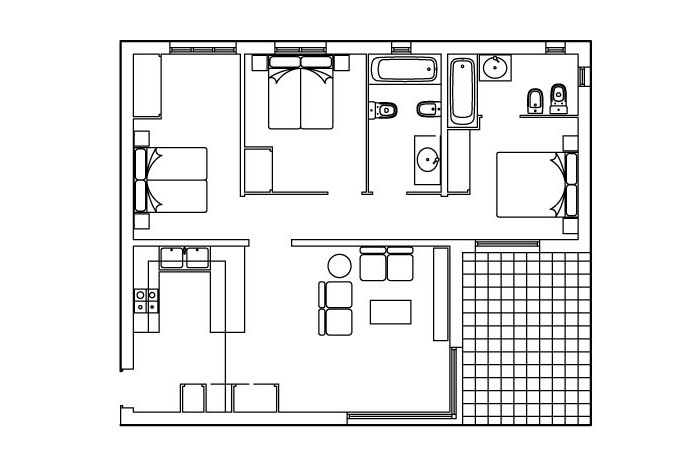Incomplete production (NP) includesthe results of the production process, which were not completed by the end date of the reporting period, and the final product in the form of goods was not received. As a rule, accounting for work in progress includes:
- raw materials and items still in processing, in the warehouses of the shops of the enterprise;
- finished items, but not completed or not accepted by the technological control services;
- the same products, but not accepted by the customer's technical experts;
- unfinished operations performed both for external customers and for the needs of own production.
The IR does not include canceled orders andproducts rejected by the OTC service, purchased semi-finished products, as well as those materials and components that have not yet been processed or assembled into a single unit.
Accurate establishment of NP, literate andprofessionally conducted accounting for work in progress at the end of the period, plays a decisive role in keeping records of all production activities of the enterprise or company, gives an idea of the expenditure of the wage fund and the correct calculation of the cost of the goods produced.
There are operational records of the unfinishedproduction and accounting. Operational accounting is made by employees of accounting departments of workshops and other divisions of the enterprise, representing intermediate stages of the production cycle (dispatching offices, shiftsmen, foremen). This type of accounting is intended for the operative regulation of the production process, control over the expenditure of component materials and their residues.
Accounting, in addition to quantitative accounting, organizes and conducts accounting for work in progress, posting in which are compiled with a reflection of the value of NP and the dynamics of its change.
Operational accounting at various enterprises is organized in different ways, because its technology largely depends on the nature of production activities, the complexity of the products.
Two methods of operational accounting prevail in industrial production.
The advanced-operational method is extended toproduction, where there is a small-scale production, the release of which is associated with labor-intensive operations of technological processing and assembly. In this case, incomplete production is accounted for by filling in the so-called routing sheets, which reflect all technologically provided processing operations and the degree of their completeness at each technological stage of manufacturing the commodity output.
In line production, which is typicala short time of manufacturing products in large series, the need to record and account for each operation is not. Here, the evaluation and accounting of work in progress occurs through the registration of monthly (or other terms, due to the specifics of the production process) statements, to which, if necessary, the relevant specifications for a particular type of product and other documents are attached. Such statements are kept in the enterprise subdivisions, then they are generalized, and balance of details is made. Such a balance sheet reflects data from all production divisions and reflects information on the receipt of parts from the picking warehouse, marriage and balances within the reporting period.
However, due to various circumstances,The information contained in the operational accounting documents is not always accurate. Therefore, at the enterprises within the framework of this procedure, inventories of unfinished production are organized. Their methods and variants of carrying out are defined by physical properties of production: the sizes, weight, technological parameters of objects.





